Deck & Commander Strategies

Eivor, Wolf-Kissed
Focuses on sagas and land recursion to ramp mana and generate value from graveyard interactions, enabling powerful late-game plays through repeated saga triggers.
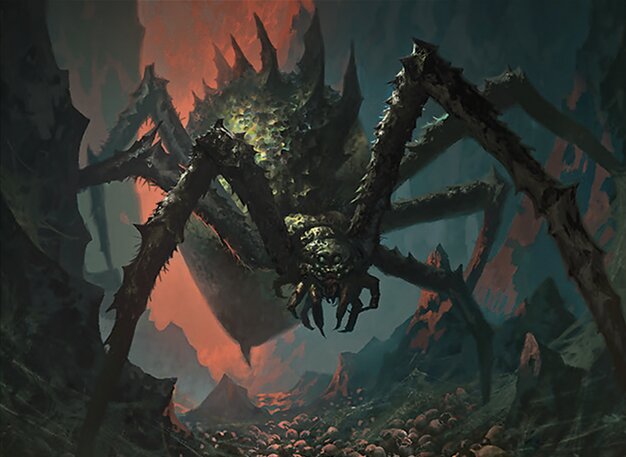
Shelob, Child of Ungoliant
Utilizes spider tribal synergies to control the board with death touch and ward, creating copies of creatures dealt damage by spiders to flood the board with food tokens and threats.
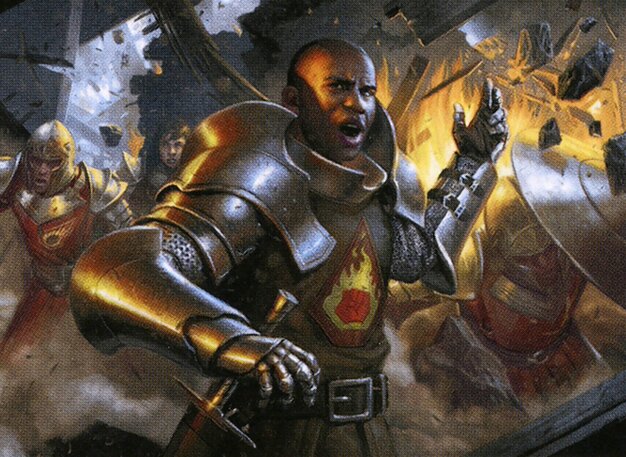
Duke Ulder Ravengard
Leverages myriad to multiply enter-the-battlefield and damage triggers, overwhelming opponents with multiple instances of ETB effects and aggressive damage output.
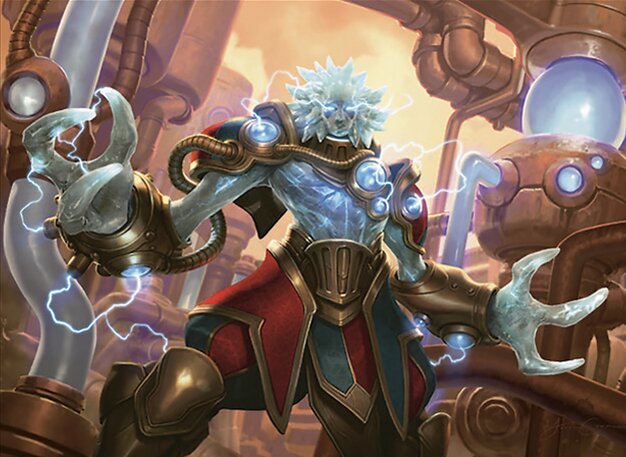
Melek, Izzet Paragon
Uses Melek’s ability to cast instants and sorceries from the top of the deck and copy them, enabling explosive spell sequences to proliferate poison counters and control the board.
Gameplay Insights
- 1
Eivor’s ability to remove counters from Fable of the Mirror-Breaker enabled efficient mana fixing and graveyard setup, crucial for maintaining momentum.
- 2
Shelob’s death touch and ward abilities synergized well with spider tokens, creating a resilient board state that could generate food tokens for life gain and additional copies.
- 3
Duke Ulder Ravengard’s focus on myriad triggers encouraged building a board with ETB and damage effects to maximize the commander’s value multiplicatively.
- 4
Melek’s strategy of flipping Smoldering Egg into a dragon by casting multiple instants and sorceries provided a strong mid-game threat while setting up poison counters for a slow kill.
- 5
Ajani’s planeswalker side allowed for token generation and a powerful board wipe effect, adding pressure and potential to clear opponents’ resources.
Notable Cards
-
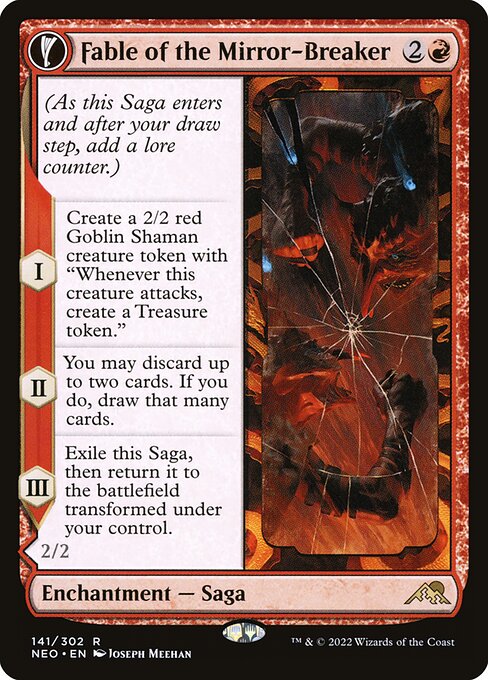
Fable of the Mirror-Breaker // Reflection of Kiki-Jiki
-

Smoldering Egg // Ashmouth Dragon
-
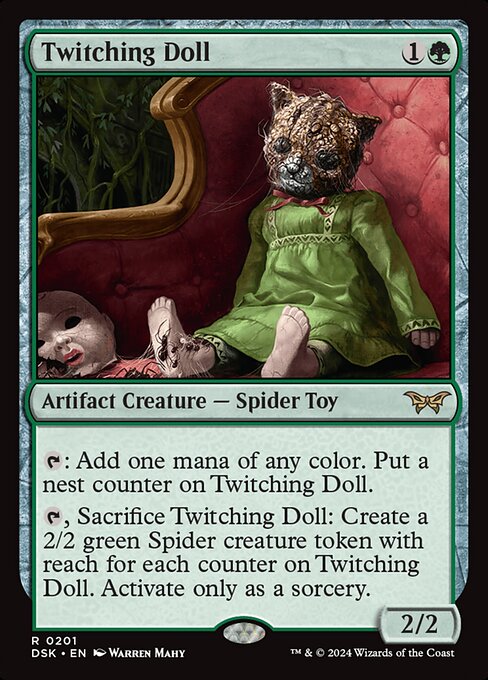
Twitching Doll
-
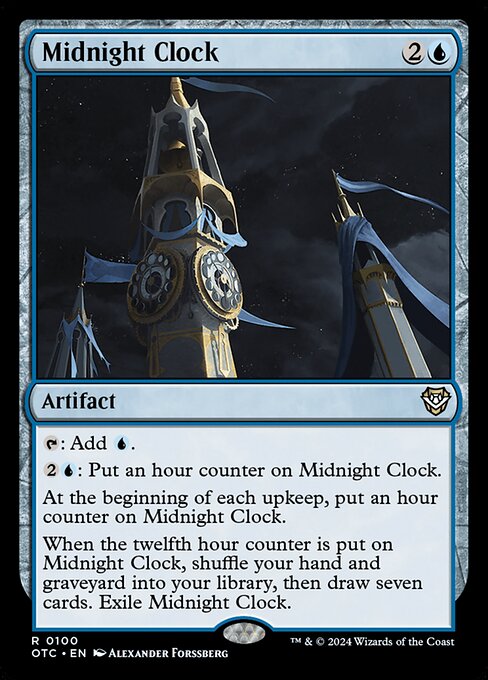
Midnight Clock
-
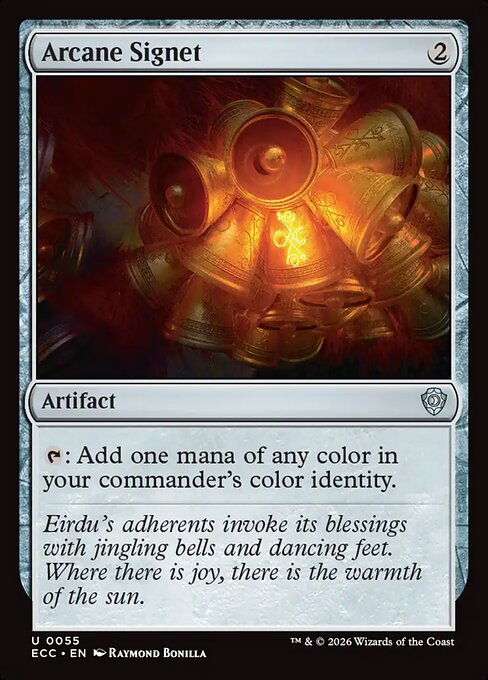
Arcane Signet
Gameplay Summary
The game began with all players developing their boards and setting up their strategies around their six-mana commanders.
Eivor, Wolf-Kissed focused on leveraging sagas and land recursion to accelerate mana and gain card advantage.
Shelob, Child of Ungoliant brought spider synergies and token generation, threatening board presence with death touch and ward.
Duke Ulder Ravengard aimed to capitalize on myriad triggers to multiply damage and ETB effects, while Melek, Izzet Paragon pursued a poison counter strategy, using card advantage and proliferation to pressure opponents. Key turning points included the early establishment of sagas by Eivor, generating multiple tokens and card draw, and Joe Cherries casting Sheilob to create a board of spiders that could copy and create food tokens, providing resilience and control.
The introduction of Ajani, a planeswalker that synergized with cats, added additional board presence and removal potential.
Melek’s casting of spells fueled a Smoldering Egg that threatened to flip into a powerful dragon, while also setting up poison counters via Prologue to Phyresis.
Throughout, players balanced board development with removal and incremental advantage, setting up for explosive turns driven by commander abilities and synergies.



















![Commander VS S14E7: Sharuum vs Jhoira vs Melek vs Kynaios and Tiro [EDH] thumbnail](https://i.ytimg.com/vi/1vD3yLJEw7E/sddefault.jpg)
![Commander Vs S2E2: Tibor and Lumia vs Kurkesh vs Melek vs Kruphix [MtG: Multiplayer] thumbnail](https://i.ytimg.com/vi/HARU08PGxYI/sddefault.jpg)
![Commander Versus Series: Mimeoplasm v. Melek v. Maelstrom Wanderer v. Prossh [MTG Multiplayer] thumbnail](https://i.ytimg.com/vi/H3JROxdcaPo/sddefault.jpg)





![Duke Ulder vs Bane vs Myrkul vs Urabrask [Budget EDH/Commander, MTG Gameplay 2022] thumbnail](https://i.ytimg.com/vi/EjVlvTBkRBs/sddefault.jpg)
















![Unser Gast hat spicy gekocht! | Herumkommandiert #12 | EDH Commander Gameplay [Deutsch] thumbnail](https://i.ytimg.com/vi/ntFydhYELtI/sddefault.jpg)
